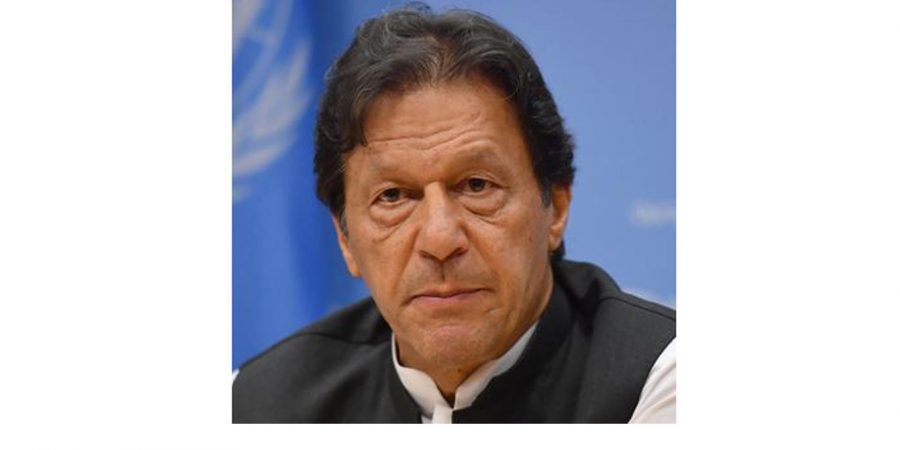Imran Khan: Peace is within reach in Afghanistan

With the exception of the resilient Afghans themselves, no people have paid a higher price for the conflict in Afghanistan than the people of Pakistan. Through decades of conflict, Pakistan has dealt with the responsibility of taking care of more than 4 million Afghan refugees. Guns and drugs have also flowed into our country. The wars have disrupted our economic trajectory and radicalized fringes of our own society
Imran Khan
We have arrived at a rare moment of hope for Afghanistan and for our region. On Sept. 12, delegations from the Afghan government and the Taliban finally sat down in Doha, Qatar, to begin negotiations toward a political settlement that would bring the war in Afghanistan to an end.
With the exception of the resilient Afghans themselves, no people have paid a higher price for the conflict in Afghanistan than the people of Pakistan. Through decades of conflict, Pakistan has dealt with the responsibility of taking care of more than 4 million Afghan refugees. Guns and drugs have also flowed into our country. The wars have disrupted our economic trajectory and radicalized fringes of our own society. The Pakistan I had known growing up in the 1960s and 1970s changed in some deeply unsettling ways.
This experience taught us two important lessons. First, that we were too closely intertwined with Afghanistan by geography, culture and kinship for events in that country not to cast a shadow on Pakistan. We realized Pakistan will not know real peace until our Afghan brothers and sisters are at peace.
We also learned that peace and political stability in Afghanistan could not be imposed from the outside through the use of force. Only an Afghan-owned and Afghan-led reconciliation process, which recognizes Afghanistan’s political realities and diversity, could produce a lasting peace.
So, when President Trump wrote to me in late 2018 to ask for Pakistan’s assistance in helping the United States achieve a negotiated political settlement in Afghanistan, we had no hesitation in assuring the president that Pakistan would make every effort to facilitate such an outcome — and we did. Thus began arduous rounds of talks between the United States and the Taliban, which culminated in the February U.S.-Taliban peace agreement. This agreement, in turn, has laid the groundwork for talks between the Afghan leadership and the Taliban.
The path we have traveled to get here wasn’t easy, but we were able to press on thanks to the courage and flexibility that were on display from all sides. The United States and its allies facilitated the prisoner exchange between Kabul and the Taliban. The government of Afghanistan and the Taliban responded to the Afghan people’s yearning for peace.
The intra-Afghan negotiations are likely to be even more difficult, requiring patience and compromise from all sides. Progress could be slow and painstaking; there may even be the occasional deadlock, as Afghans work together for their future. At such times, we would do well to remember that a bloodless deadlock on the negotiating table is infinitely better than a bloody stalemate on the battlefield.
All those who have invested in the Afghan peace process should resist the temptation for setting unrealistic timelines. A hasty international withdrawal from Afghanistan would be unwise. We should also guard against regional spoilers who are not invested in peace and see instability in Afghanistan as advantageous for their own geopolitical ends.
Imran Khan is prime minister of Pakistan. He wrote this article for Washington Post.
Related News

Pakistan, US vow to bolster security, border management cooperation
ISLAMABAD, JAN 17: Pakistan and the United States on Saturday agreed to further strengthen cooperationRead More

‘Blatant intrusion’: Pakistan assails India over ‘mosques profiling’ in IIOJK
ISLAMABAD, JAN 17: Pakistan on Saturday condemned India over the profiling of mosques and managementRead More


Comments are Closed